Play With Sites
01 Nest
02 Strata
03 Wilderness
04 Illuminations
05 Making Connections
06 Wip Open Day
03 Wilderness
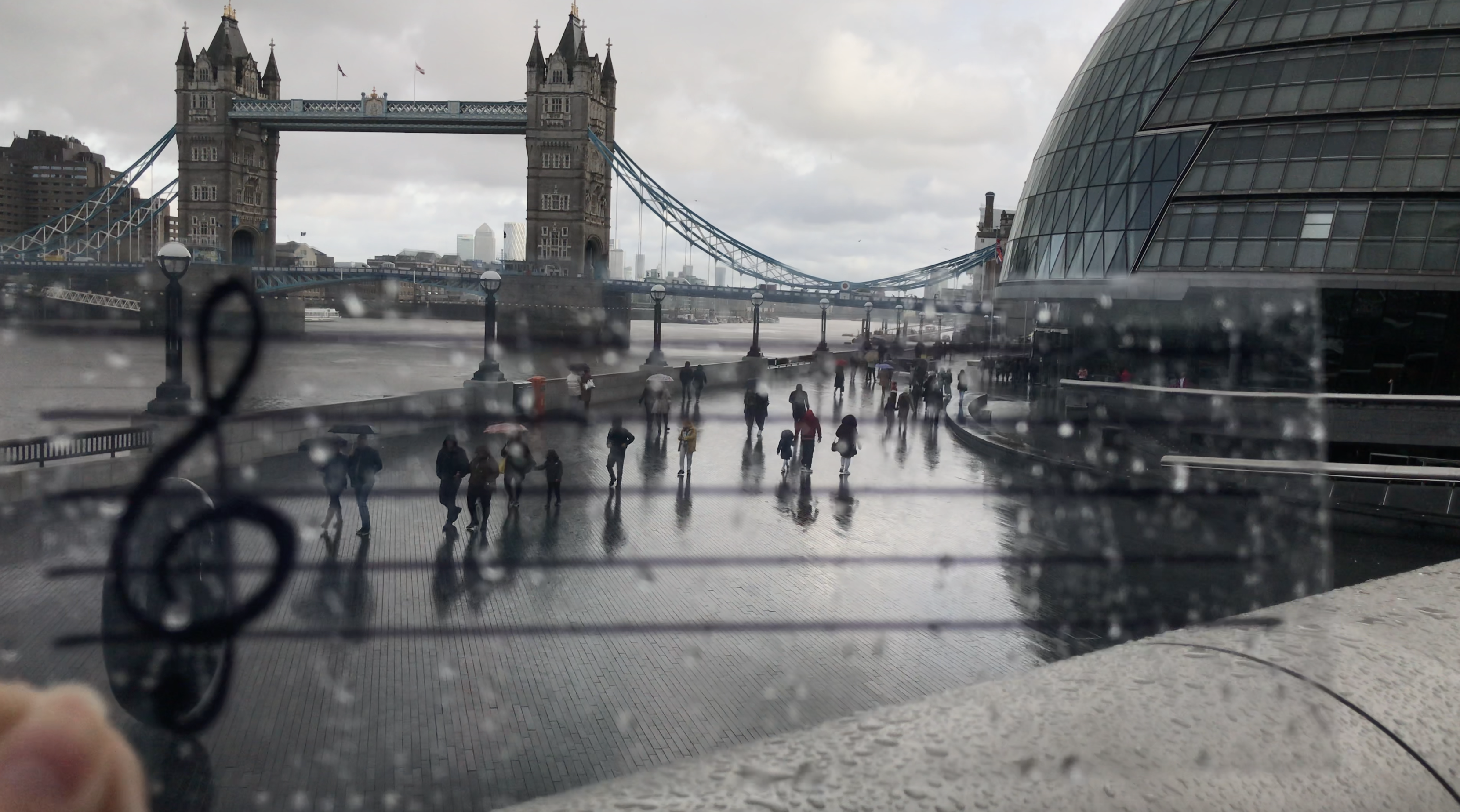

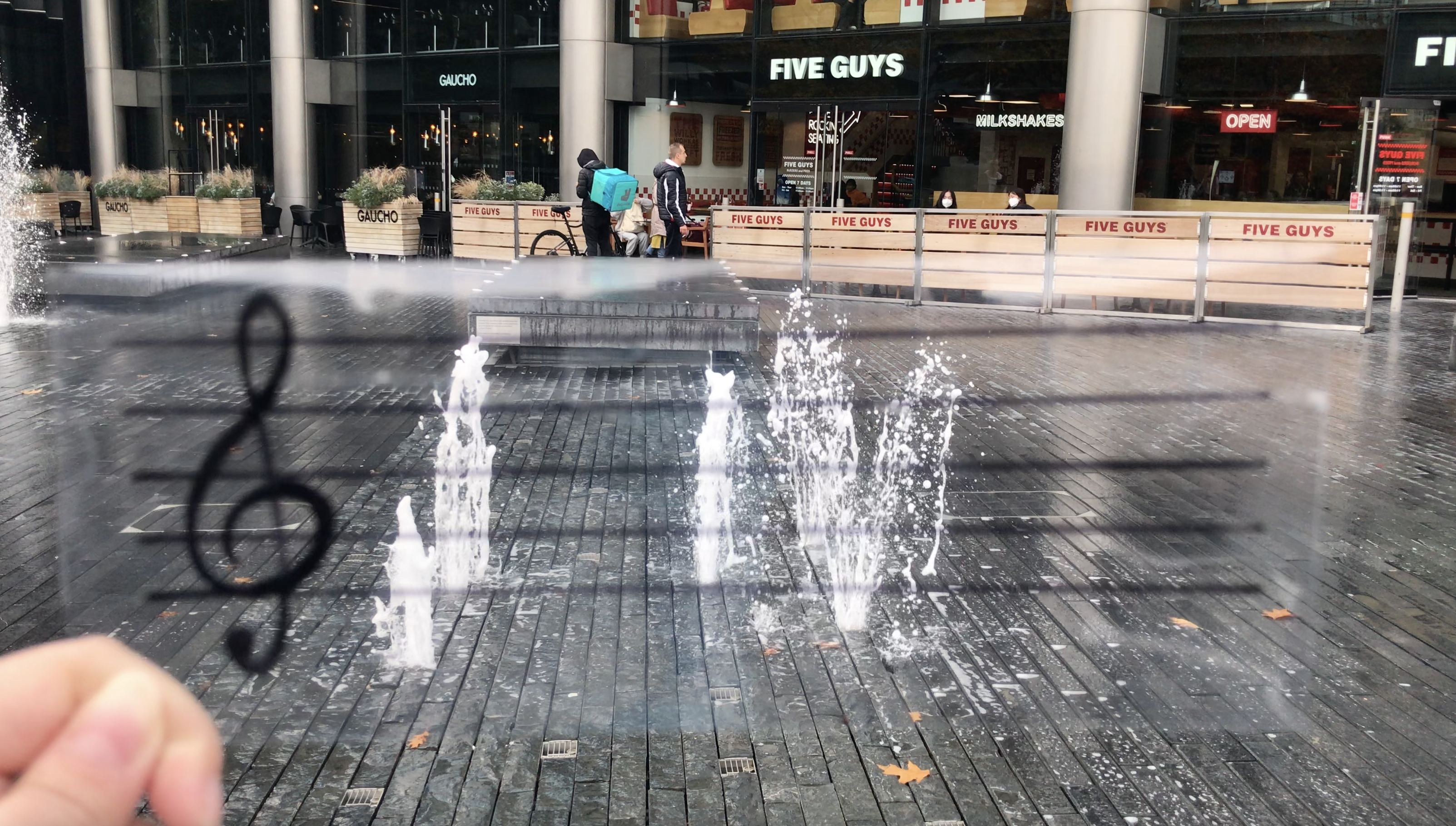



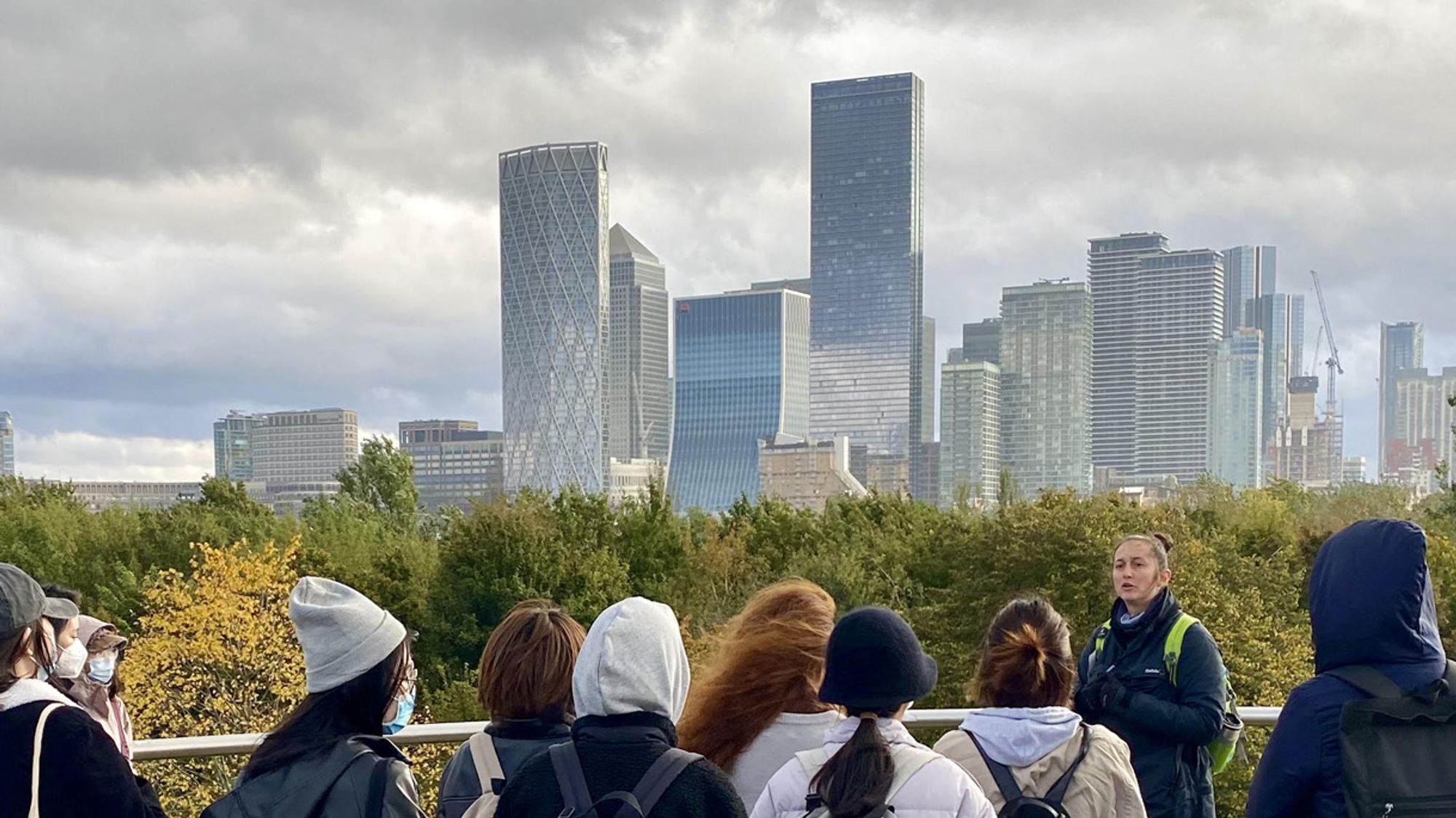


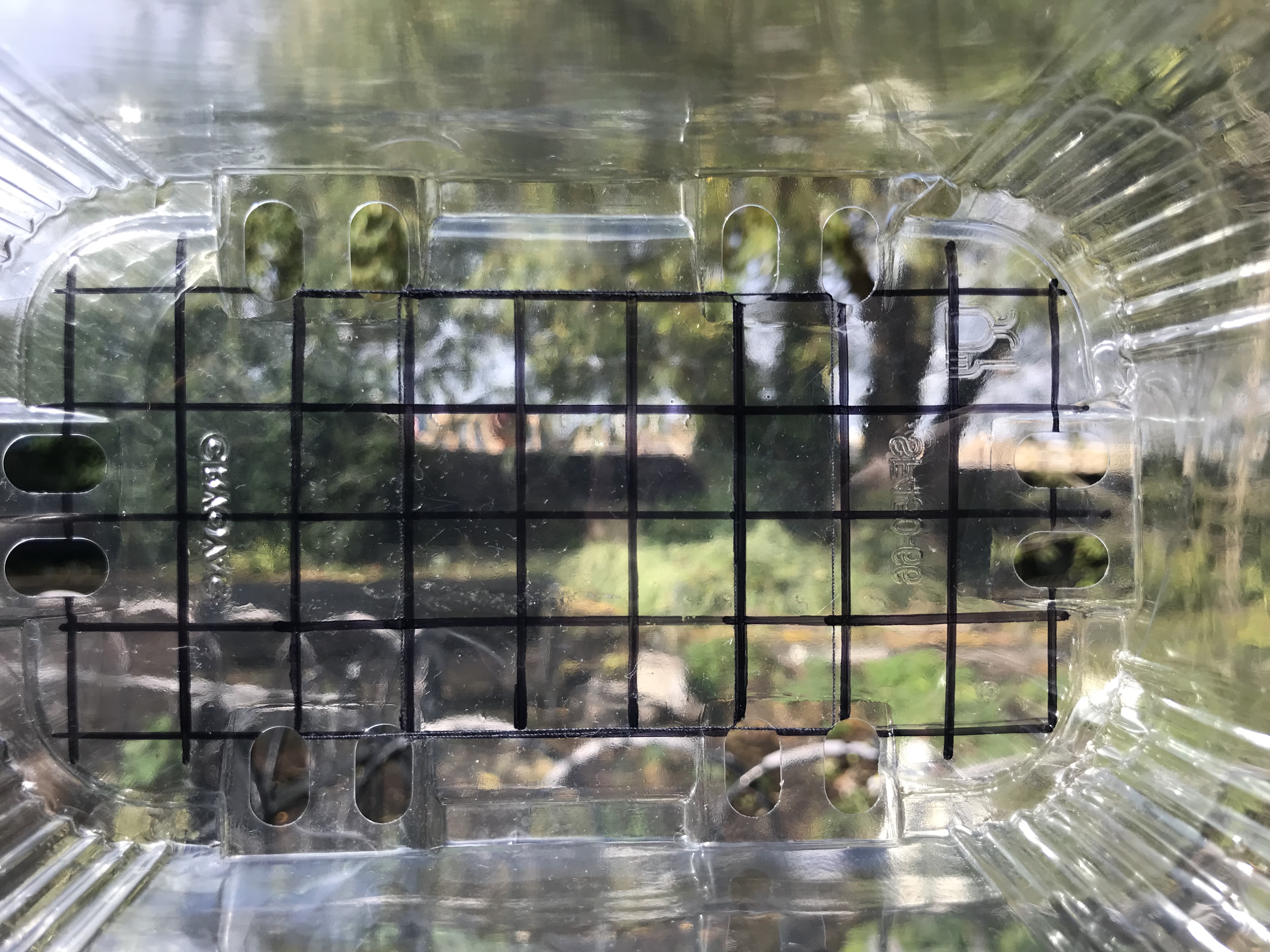
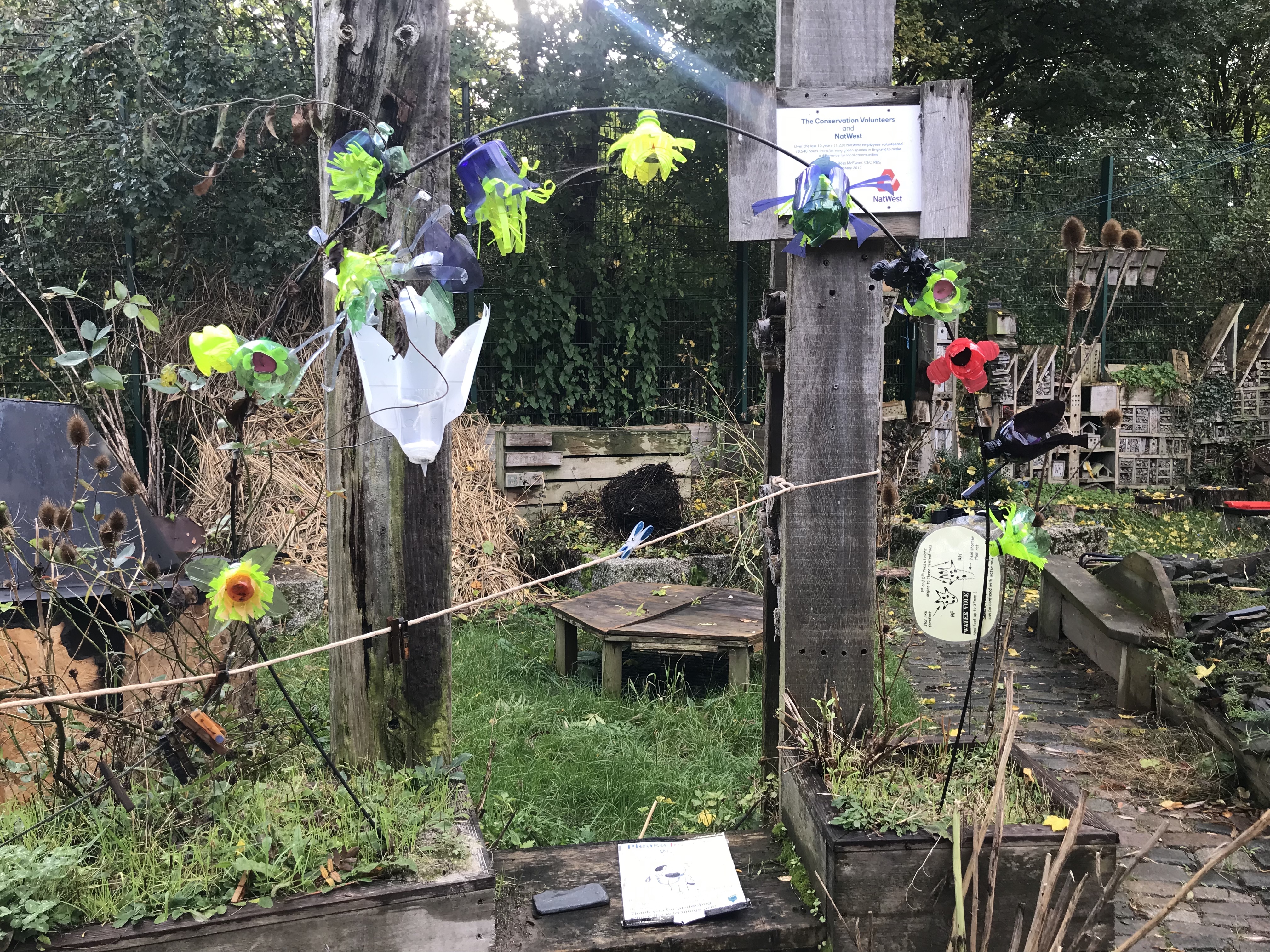




When wilderness is transformed into ecological parks, which are essentially the product of social and industrial development, are the habitats of some plants and animals also changed or even destroyed? Plants and animals may have to change their habits to adapt to this change, to live with anthropogenic influences, but indigenous creatures will have to leave or even die if they can't adapt.
In addition, compared with the wilderness, the ecological park may still be under continuous construction or may be abandoned again in the future, so the plants and animals that adapt to the ecological park have to constantly adapt. Does this have an adverse effect on the evolution and reproduction of their species?
Does this do more harm than good? Is the expression of people imposing their rights and power on the natural environment for the sake of humans or for the sake of nature and animals? Who's going to benefit the most?
The topic of wilderness made me think about the duality of nature and
man-made. Anna Lowenhaupt Tsing's book “The Mushroom at the End of the World”
also inspired me and led me to think about how people impose their rights and
motivation on natural environment.
I made transparent board tools with music five lines
and horizontal lines, and began to imagine how to collect, read and record
natural information, and find the music structure in the environment.
.In addition, compared with the wilderness, the ecological park may still be under continuous construction or may be abandoned again in the future, so the plants and animals that adapt to the ecological park have to constantly adapt. Does this have an adverse effect on the evolution and reproduction of their species?
Does this do more harm than good? Is the expression of people imposing their rights and power on the natural environment for the sake of humans or for the sake of nature and animals? Who's going to benefit the most?
The topic of wilderness made me think about the duality of nature and
man-made. Anna Lowenhaupt Tsing's book “The Mushroom at the End of the World”
also inspired me and led me to think about how people impose their rights and
motivation on natural environment.
I made transparent board tools with music five lines
and horizontal lines, and began to imagine how to collect, read and record
natural information, and find the music structure in the environment.
︎︎︎BACK NEXT ︎︎︎
liangchennn.sui@gmail.com;slcbeihang@163.com Liangchen Sui ©️2025 London, Shanghai